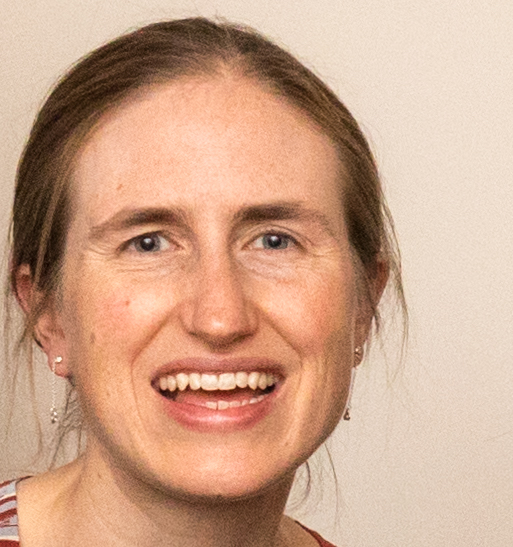Talks
We have an exciting list of academics and industry leaders working scross the spectrum of human in-the-loop machine learning to speak at HAMLETS 2020

Emma Brunskill
Professor, Stanford University
Emma Brunskill is an assistant professor in the Computer Science Department at Stanford University where she leads the AI for Human Impact group. She was previously on faculty at Carnegie Mellon University. She is the recipient of a multiple early faculty career awards (National Science Foundation, Office of Naval Research, Microsoft Research) and her group has received several best research paper nominations (CHI, EDMx3) and awards (UAI, RLDM).

Dan Weld
Professor, University of Washington
Daniel S. Weld is Thomas J. Cable / WRF Professor in the Paul G. Allen School of Computer Science & Engineering and manages the Semantic Scholar research group at the Allen Institute of Technology. Dan runs the Lab for Human-AI Interaction, which develops intelligent interfaces and team architectures to allow people to better understand and control AI tools, assistants, and systems. The lab studies especially explainable machine learning, intelligible AI, and human-AI team architectures.

Finale Doshi-Velez
Associate Professor, Harvard University
Finale Doshi-Velez is a John L. Loeb associate professor in Computer Science at the Harvard Paulson School of Engineering and Applied Sciences. She completed her MSc from the University of Cambridge as a Marshall Scholar, her PhD from MIT, and her postdoc at Harvard Medical School. Her interests lie at the intersection of machine learning, healthcare, and interpretablity.

Sanjoy Dasgupta
Professor, UCSD
Sanjoy Dasgupta is a Professor of Computer Science and Engineering at UC San Diego, where he has been since 2002. He works on algorithmic statistics, with a particular focus on unsupervised and minimally supervised learning. He is author of a textbook, "Algorithms" (with Christos Papadimitriou and Umesh Vazirani).

Jenn Wortman Vaughan
Senior Principal Researcher, Microsoft Research, NYC
Jenn Wortman Vaughan is a Senior Principal Researcher at Microsoft Research, New York City. Her research background is in machine learning and algorithmic economics. She is especially interested in the interaction between people and AI, and has often studied this interaction in the context of prediction markets and other crowdsourcing systems. In recent years, she has turned her attention to human-centered approaches to transparency, interpretability, and fairness in machine learning.

Kristen Grauman
Professor, University of Texas
Kristen Grauman is a Professor in the Department of Computer Science at the University of Texas at Austin and a Research Scientist at Facebook AI Research. Her research in computer vision and machine learning focuses on visual recognition, video, and embodied perception. Before joining UT Austin in 2007, she received her Ph.D. at MIT. She is an IEEE Fellow, AAAI Fellow, Sloan Fellow, and a recipient of the NSF CAREER, ONR YIP, PECASE, PAMI Young Researcher award, and the 2013 IJCAI Computers and Thought Award.

Alex Ratner
Assistant Professor, University of Washington
Alex Ratner is an Assistant Professor at the University of Washington. He works on enabling users to interact with the modern ML stack by programmatically building and managing training datasets. He earned a PhD from Stanford University.

Scott Wen-tau Yih
Research Scientist, Facebook AI Research
Scott Wen-tau Yih is a Research Scientist at Facebook AI Research (FAIR). His research interests include natural language processing, machine learning and information retrieval. Before joining FAIR, Yih was a Principal Research Scientist at the Allen Institute for Artificial Intelligence (AI2), working on scientific question answering. Prior to that, Yih had spent 12 years at Microsoft Research, working on a variety of projects including email spam filtering, keyword extraction and search & ad relevance. His recent work focuses on continuous representations and neural network models, with applications in knowledge base embedding, semantic parsing and question answering.